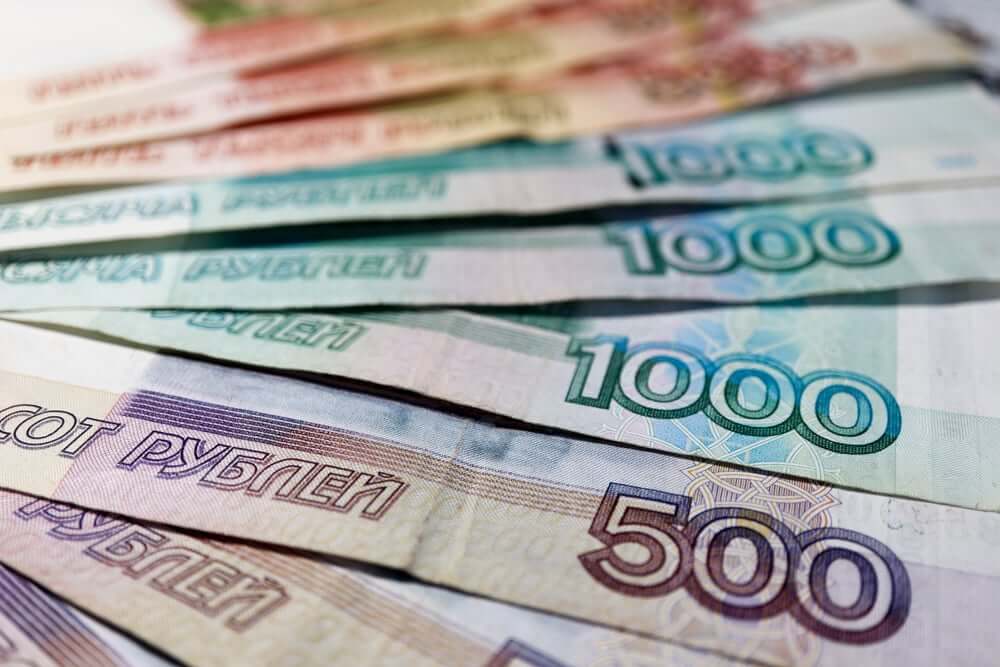
Ruble Climbs to March 2020 Levels vs. Euro
The Russian ruble continued gains in early Moscow trade on Thursday, aided by month-end tax payments, which resulted in the significant conversion of foreign cash into rubles, while market indices showed solid increases.
Russian market movements are partly artificial because capital controls support the ruble. At the same time, stocks trade with a short-selling ban, and foreign participants prohibit from selling shares in Russian enterprises without permission. The ruble was 0.3 percent firmer versus the dollar; it traded at 72.59 on the Moscow Exchange after reaching 72 in fair trade. It reached 74.3525 against the euro, a level last seen in early March 2020, before falling 0.5 percent to 75.75.
According to Promsvyazbank analysts, the Russian currency fluctuates between 71 and 73 rubles to the US dollar.
The ruble has strengthened as export-oriented firms sold their foreign exchange earnings to meet local liabilities that could top 3 trillion rubles ($41.24 billion) this month. The ruble had recovered to pre-February 24 levels when Russia launched a “special military operation” in Ukraine; it resulted in unprecedented western sanctions, including a freeze on Russia’s reserves.
Bond yields on 10-year benchmark OFZ treasury bonds have stabilized near 10.13 percent ahead of Friday’s central bank’s rate-setting meeting.
According to the poll conducted earlier this week, the Bank of Russia predicted to drop its key interest rate by 200 basis points to 15% to boost financial lending in the face of high inflation.
Russian stock indices were up. The dollar-denominated RTS index gained 2.2 percent to 1.072.0 points, while the ruble-denominated MOEX gained 1.9 percent to 2,470.7 points.


